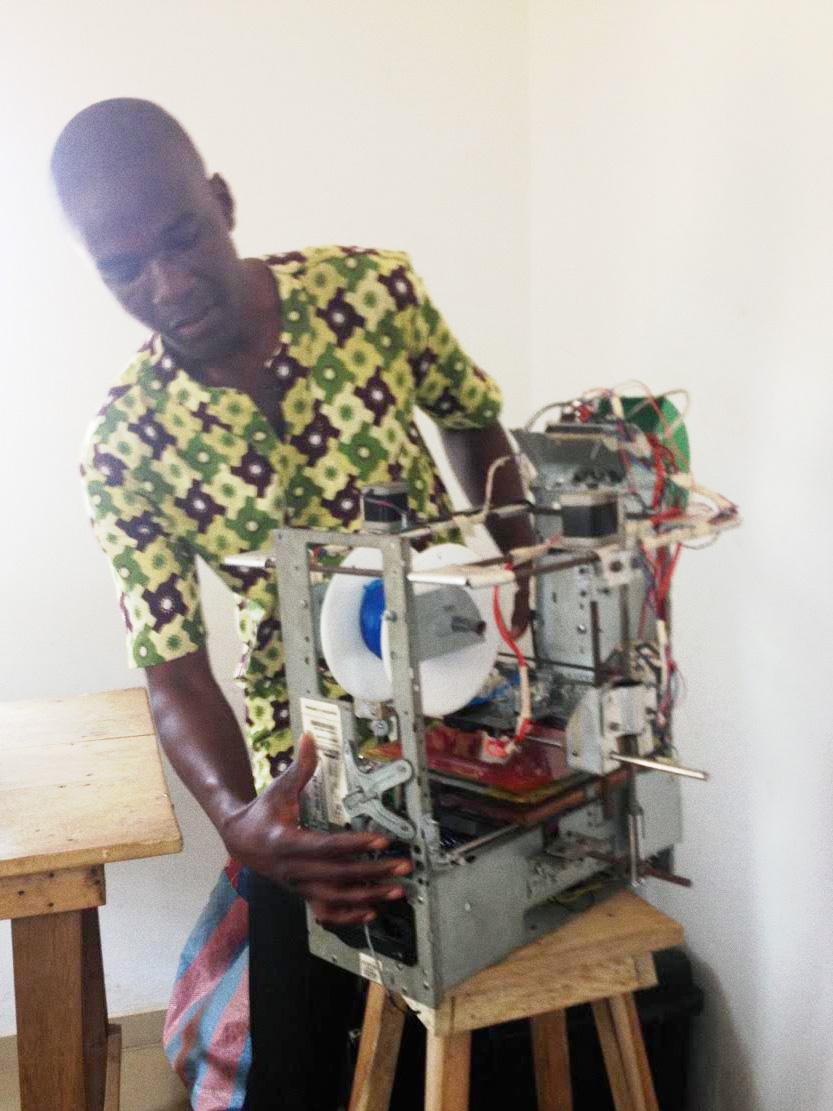The TRUE Africa 100 is our list of innovators, opinion-formers, game-changers, pioneers, dreamers and mavericks who we feel are shaping the Africa of today and tomorrow. We’re featuring them over 100 days and we’ve asked each of them three questions.
Cina Lawson is the Minister of Post and Digital Economy in Togo. In 2012, Forbes magazine ranked her among the 20 most powerful young women in Africa. She tells us about how technology will revolutionise rural schools and the most exciting future uses for the Internet of Things.
People are constantly talking about leapfrogging. What do you think is the next technological leap forward in Togo?
The Internet of Things (IoT) – which allows people to collect information as well as to communicate and process data on objects equipped with embedded sensors – will be the next technological leap forward in Togo. Indeed data collected from these devices can be analysed and used to optimise products, services and operations.
Many African countries have already taken advantage of IoT technology; from healthcare providers tracking the health of outpatients to utility companies using connected meters to check usage, find faults and pre-empt surges in demand.
In fact, without legacy infrastructure in place, Africa can leapfrog in a number of areas that more developed countries would find difficult. IoT is currently being used in Togo for vehicle tracking but we think it will quickly be moved into mobile payments or into the area of logistics. I also see great potential in agriculture where it could be used to improve yields.
Internet penetration and connectivity remain a challenge; for IoT to work effectively it needs to rely on high speed internet connections. I hope to see the issue evolve as Togo makes significant investments in these areas.
What digital innovation will have the most impact on education in the next few years?
Currently, in most schools worldwide the traditional ICT infrastructure consists of a computer lab housing thick client desktop computers. In Africa, this model is undesirable as the cost of desktop computers and a server can be prohibitively expensive. In response, some schools and donor organisations deploy thin client computer labs within schools. In this model, the greatest cost is the server, while the thin clients are older refurbished computers that can be cheaply acquired.
In Togo, we have successfully developed digital multimedia teaching and learning resources specifically intended for our national technical school curriculum – providing both teachers and students with an invaluable modern tool that makes learning stimulating. We have also developed software tools for school management. Using thin client computers, we hope to network all the educational and training institutions to create a single widespread community of learning through a shared eLearning Platform which is accessible remotely. These resources will be made available offline, which is a great solution for rural schools.
As many rural schools in Togo and elsewhere are off-grid or have unreliable access to power and the internet, connectivity can be a challenge. We need to find solutions for areas with limited electricity or connectivity; in some cases we’ll be using thin client computer labs or working with low-energy tablets.
Finally, opportunities for integrating ICTs in these schools become more abundant and feasible each year: solar panels become cheaper; mobile Internet is more available, allowing for relatively cheap Internet connectivity through mobile modems in even the remotest of locations.
Who’s your African of the year?
The Woelab team because they were able to create the first African 3-D printer using recycled electronic waste. I admire them because they understand the value of working as a team to make it happen. They are a true example of what African leadership should be about: innovation, collaboration and integrity. Have a look at the photos below.
Follow Cina on Twitter @cinalawson
Come back tomorrow for the next TRUE Africa 100 and keep up to date using the hashtag #TRUEAfrica



